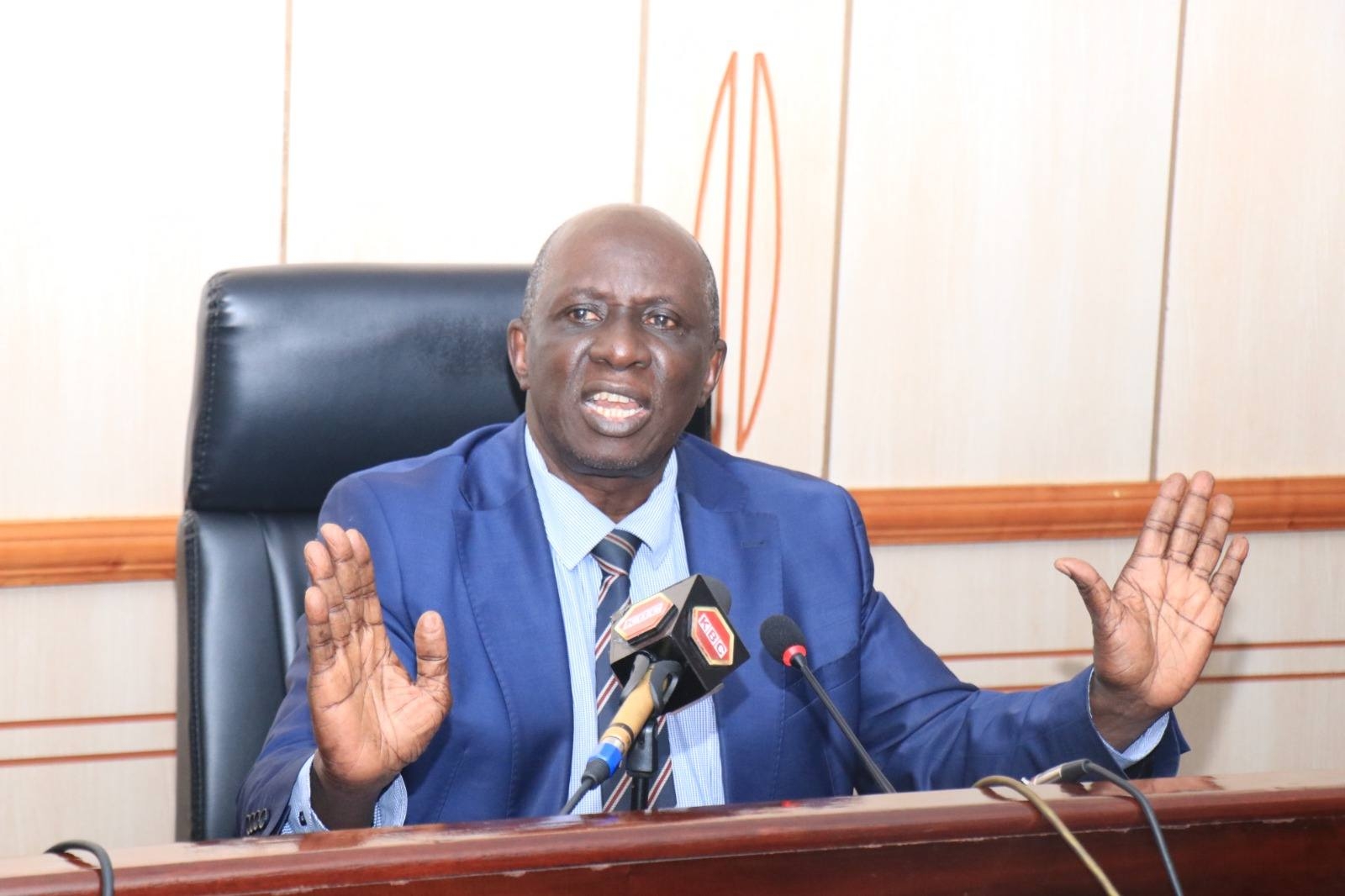As tea farmers grapple with the low bonuses this year, a group from Karaini in Kangaita has opted to grow the little known purple tea.
The farmers from Kerugoya Central have come together and formed Kirinyaga Purple Tea Cooperative and have so far dedicated more than 30 acres to the variety.
As is the case with most new ideas, getting started was not easy. Authorities in the tea sector were initially reluctant to grant them a licence, a hurdle they finally overcame.
In an interview, William Mugo, one of the farmers, said they started growing purple tea back in 2014 but it was not until last year when they started having their produce processed, thus yielding returns.
He said 11 out-growers collect and deliver their leaves to Gatanga Industries, which processes and packages on their behalf.
“The industry also labels the tea for us and is able to deliver to us a finished product ready for the market,” Mugo said.
He says the factory vehicles collect the tea from the farmers before it is transported to Murang'a, where processing is done.
Currently, the group produces 10,000 kilogrammes of purple tea a week. It is weighed before being transported to Murang'a.
"The tea is again weighed before the processing takes place. One person has to remain for processing," Mugo said.
The group plans to acquire their small processing machines to lower the cost of production.
Currently, they have to bear the cost of transport, cost of production, laboratory services and electricity.
Their product is licensed under special tea and goes under the name Kipute Gold — short form for Kirinyaga Purple Tea Gold.
Mugo said they chose the industry in Gatanga because it uses Chinese technology and makes it possible for them to produce a variety of products from the purple tea.
Jenifer Gatwiri, another member, said a kilogramme of processed purple tea goes for Sh2,000, making it more profitable than the traditional green tea. However, the main selling point for purple tea is its health benefits. It is rich in anthocyanin, a strong antioxidant that is crucial in warding off chronic diseases.
But Gatwiri said they face difficulties marketing it locally, as not many Kenyans know about it.
“Marketing purple tea in the country is a big challenge but we are educating our people on the benefits of the tea and the results are encouraging,” she said.
They sell some of their finished products to customers in the Far East countries such as China and Japan. They have plans to enlist more farmers and venture into other international markets.
Gatwiri said the Tea Directorate should help in marketing the purple tea given that the climatic conditions in some parts of the country are suitable for the plant.
Not only have the farmers succeeded in setting up a viable business, but they have also paved the way for other farmers to try their hand into this previously unexplored economic venture.
Already, Gatwiri said, more than 100 farmers have adopted purple tea and are only waiting to start harvesting to join the group.
(Edited by F'Orieny)













